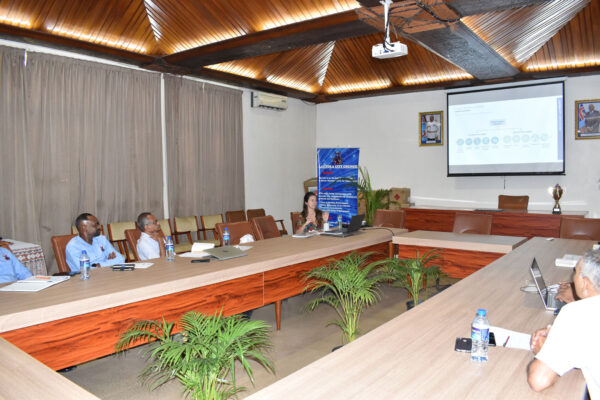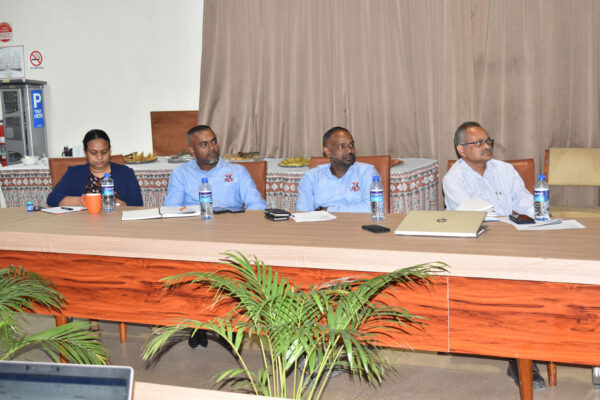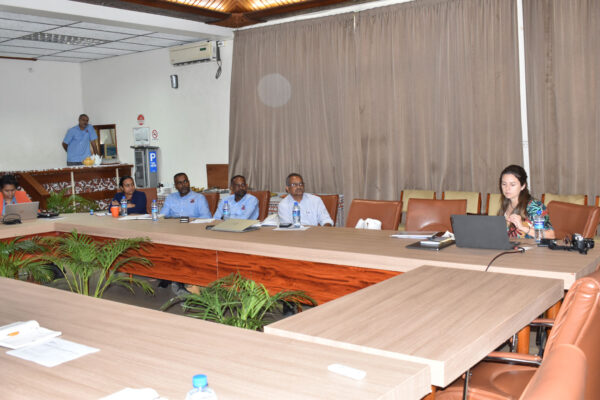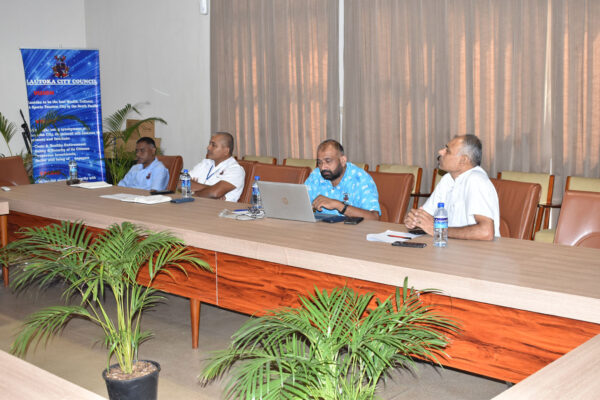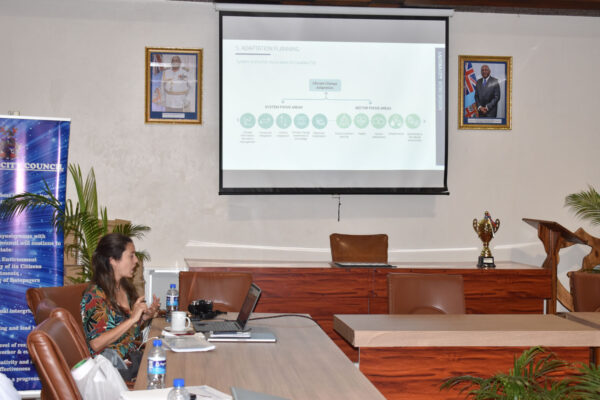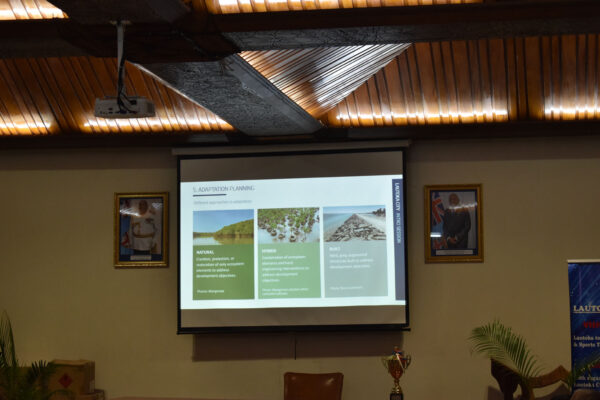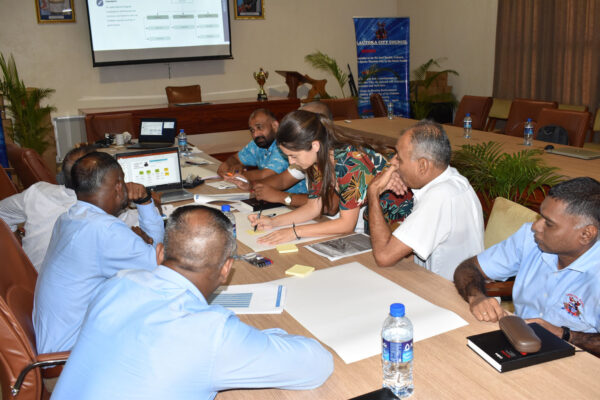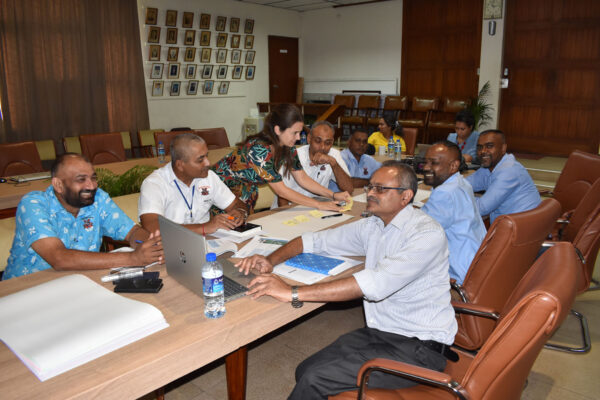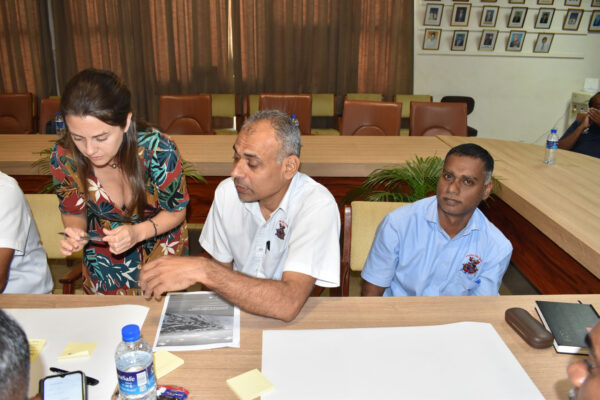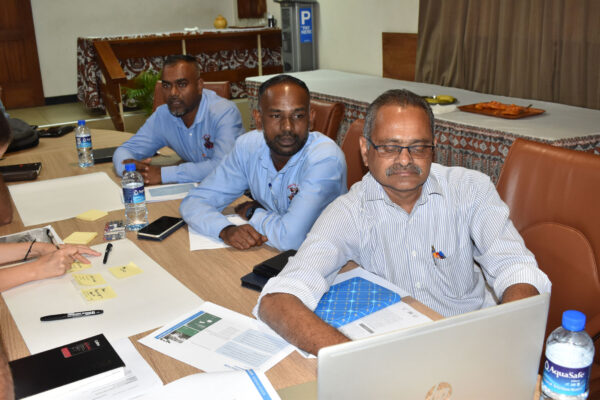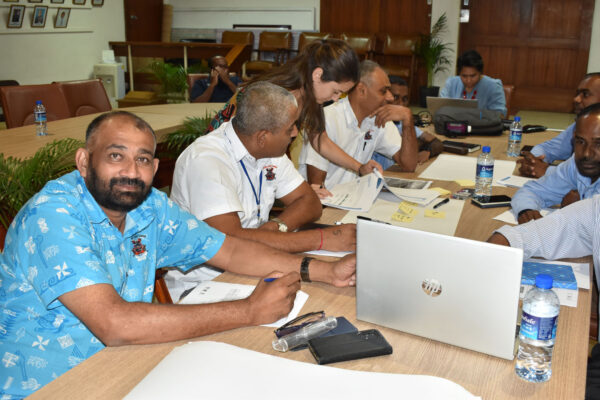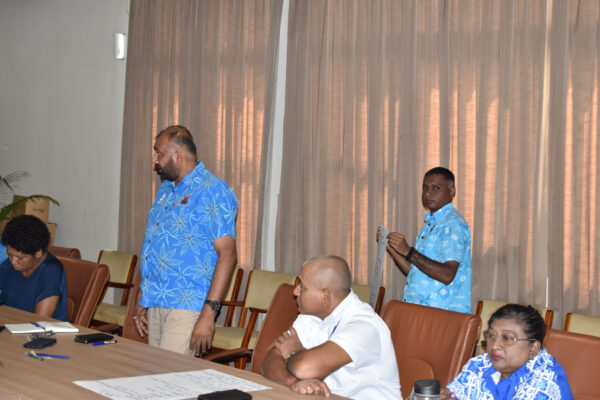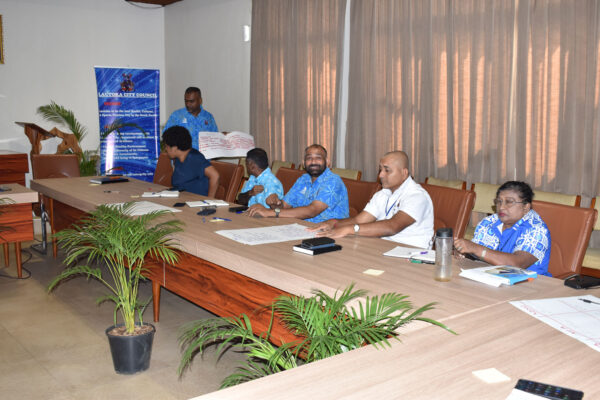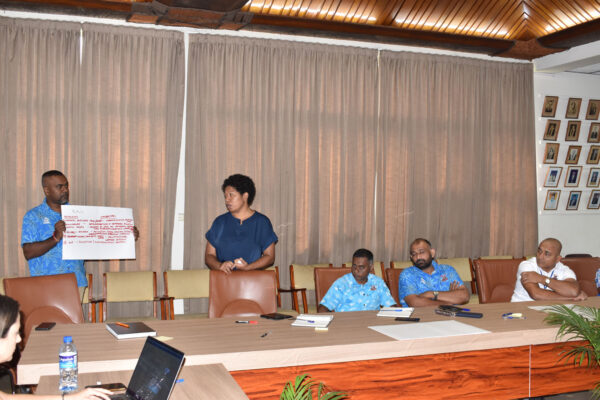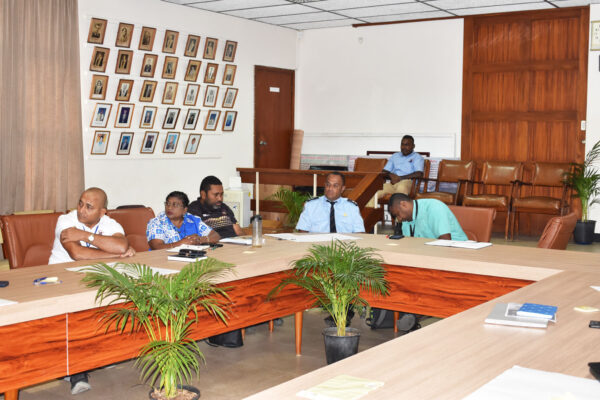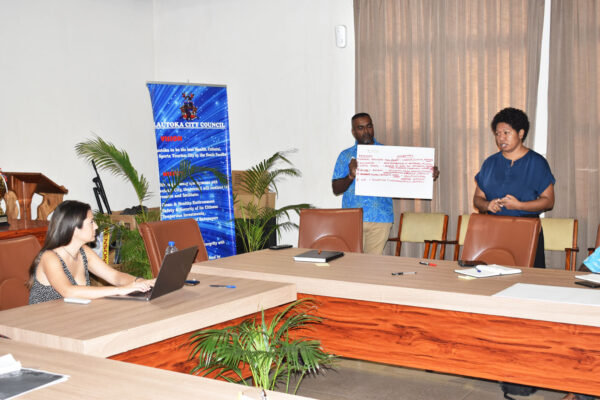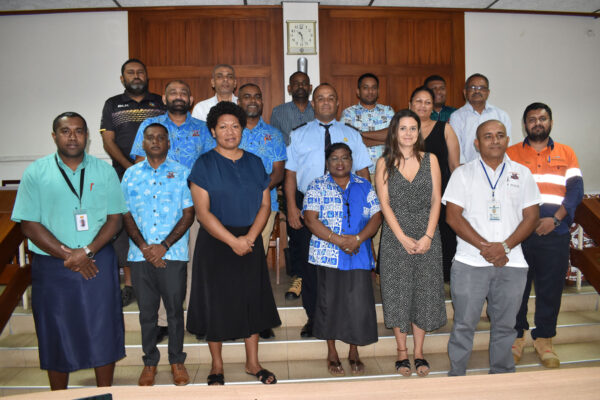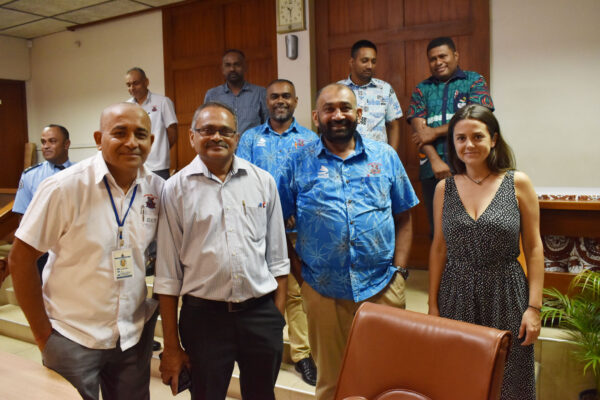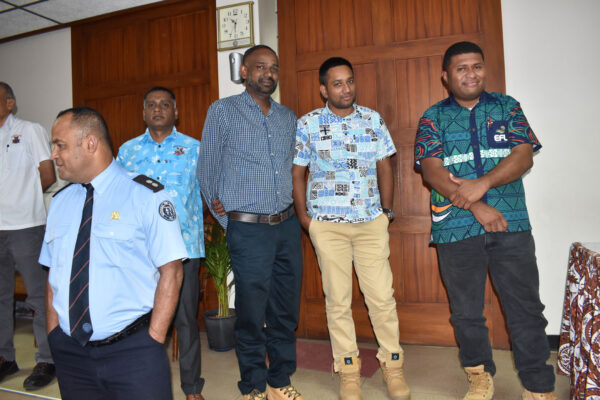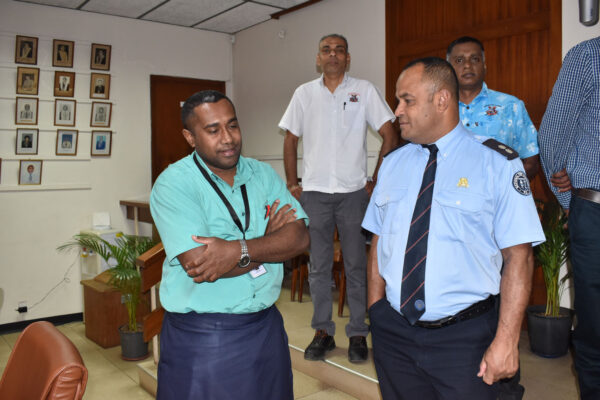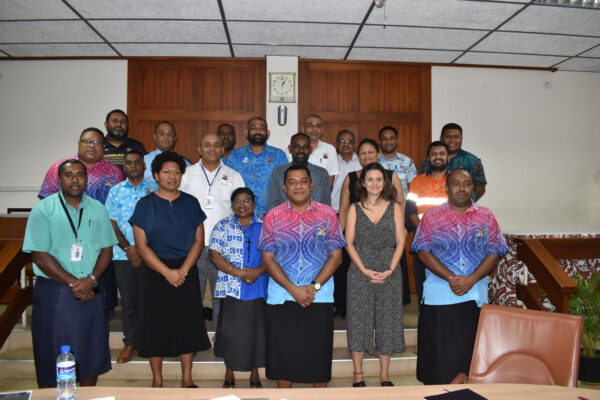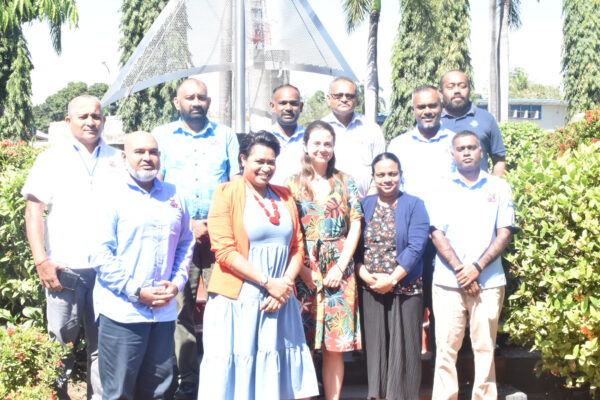A significant stride towards fortifying climate change resilience in Fiji was undertaken through a comprehensive two-day workshop held in Lautoka City Council’s Chamber. The event, led by Ms. Begoña Peiró from UN-Habitat in conjunction with representatives from the Ministry of Housing and the Ministry of Local Government, served as a pivotal engagement under the Fiji Resilient Informal Settlements (FRIS) project. This venture, funded by the Adaptation Fund (AF) and executed by UN-Habitat in partnership with the Ministry of Housing, the Ministry of Local Government, and the Climate Change Division, is emblematic of unwavering commitment to safeguarding Fiji’s communities from the adverse impacts of climate change.
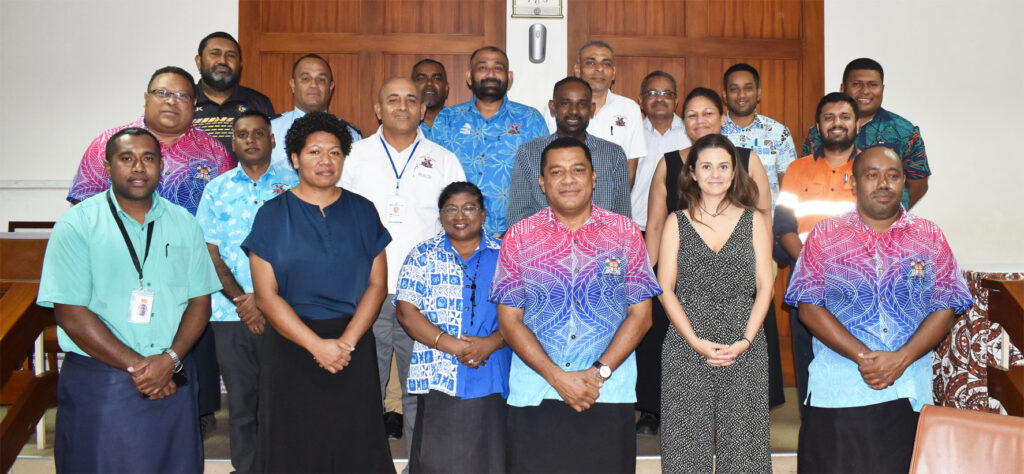
Urbanization, while a symbol of progress and development, has inadvertently intensified the effects of climate change, posing dire challenges to vulnerable communities. As global temperatures rise and extreme weather events become more frequent, the need for comprehensive climate adaptation strategies has become paramount. The FRIS project, within its first component of Institutional Strengthening to Enhance Local Climate Response Actions, is steadfastly dedicated to fostering climate resilience through a multifaceted approach.
Key milestones achieved during the workshop included:
- Project Orientation and Scope: A comprehensive overview of the FRIS project was presented, elucidating its far-reaching scope and purpose within Component 1.
- Framework for Vulnerability and Risk Assessment: Attendees were apprised of the framework guiding vulnerability and risk assessments, which are meticulously aligned with national-level policies to maximize efficacy.
- Collaborative Dialogue: Productive discussions were held, encompassing the intricacies of the assessment processes, projected timelines, and forthcoming stages of the initiative.
- Key Informant Interviews: Integral to the assessment process, key informant interviews were conducted, acting as a vital source of insight for the forthcoming analysis.
- Information Scoping: A meticulous examination of available data resources was undertaken, ensuring a robust foundation for informed decision-making.
- Stakeholder Workshop: A day-long workshop convened with key stakeholders from Lautoka City, including council representatives, community leaders, civil society organizations, and more. This assembly served as a critical avenue for sharing knowledge, garnering insights, and fostering a unified climate change adaptation strategy.
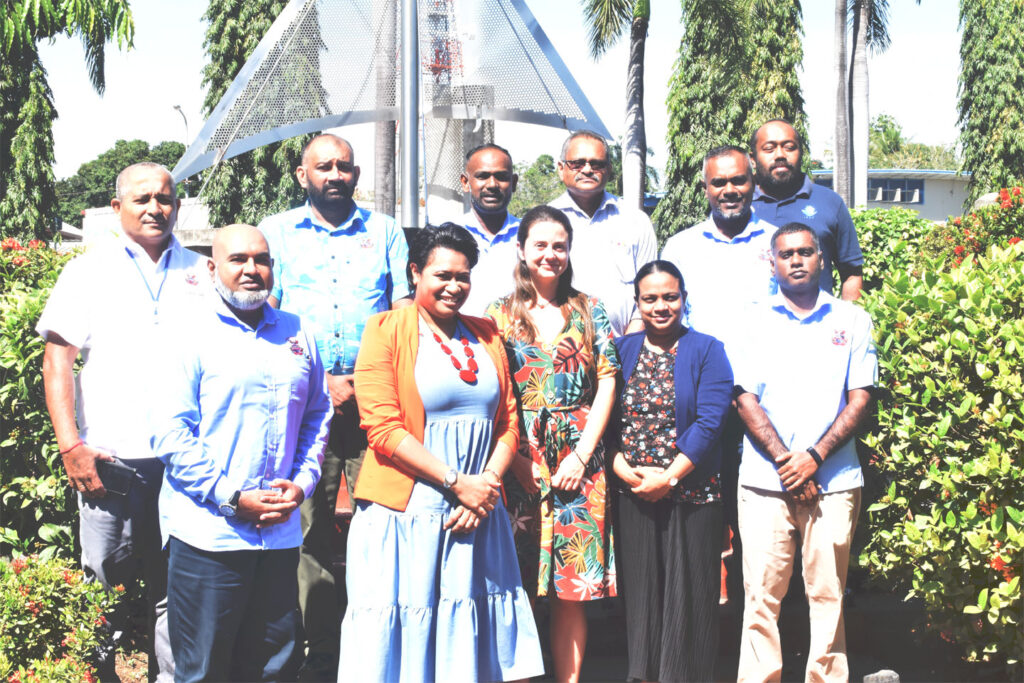
The holistic objectives of the workshop align seamlessly with broader global efforts to counteract the burgeoning threats posed by climate change. As communities grapple with the ramifications of rapid urbanization, initiatives such as the FRIS project offer a beacon of hope, underlining the necessity of collaborative, data-driven action to preserve the resilience of vulnerable settlements.
The road ahead is paved with unwavering dedication as UN-Habitat, the Fijian Ministries, and stakeholders unite to traverse the challenges of climate change head-on. The workshop in Lautoka City stands as a testament to the power of collaboration and proactive measures in shaping a more resilient future for Fiji’s inhabitants.
169 Vitogo Prade Lautoka, Fiji
Mon – Thu: 8:00 am – 4:30 pm
Fri: 8:00 am – 4:00 pm
Useful Links
City Map View
Lautoka City Council © 2025. All Rights Reserved

